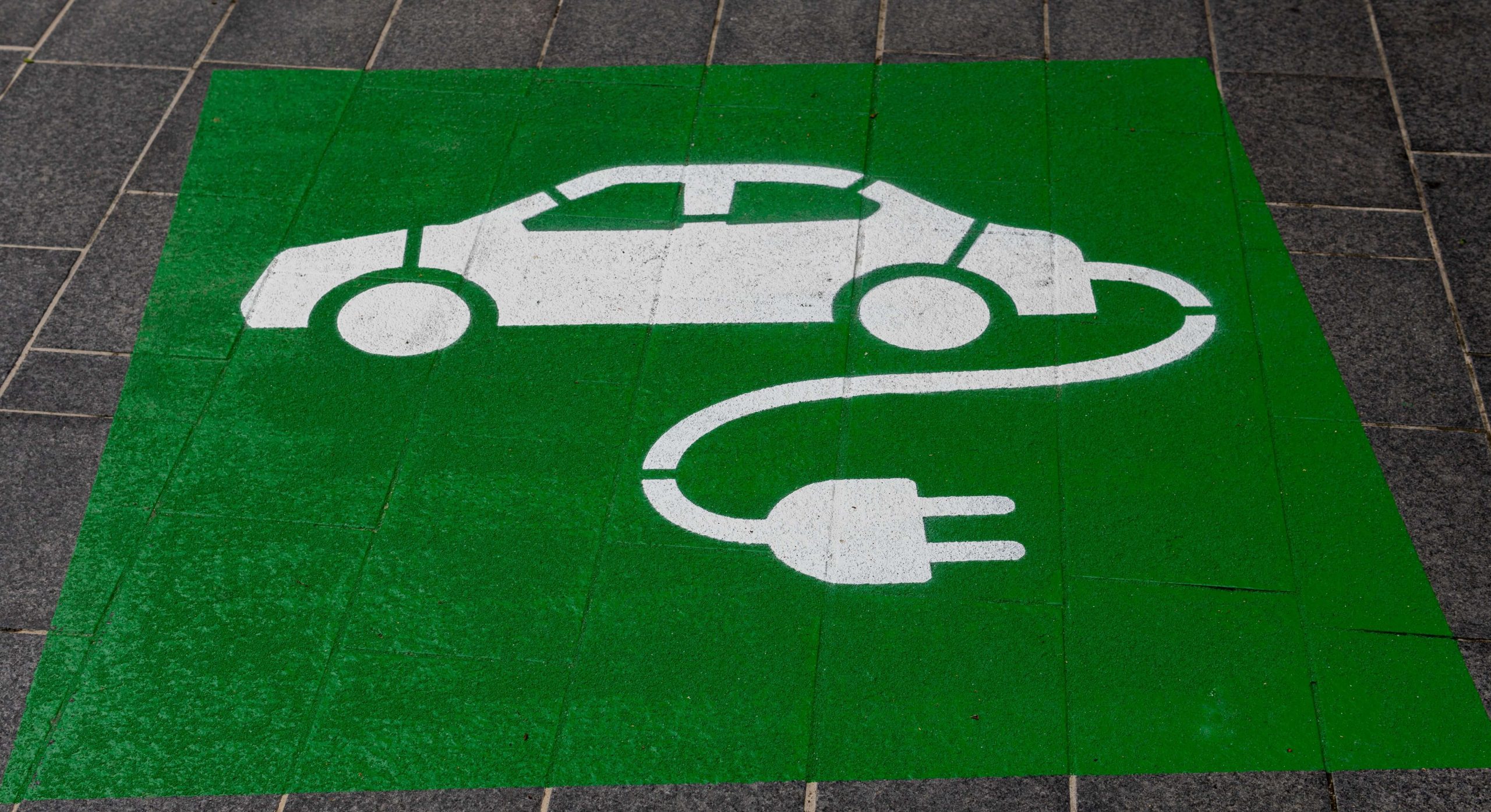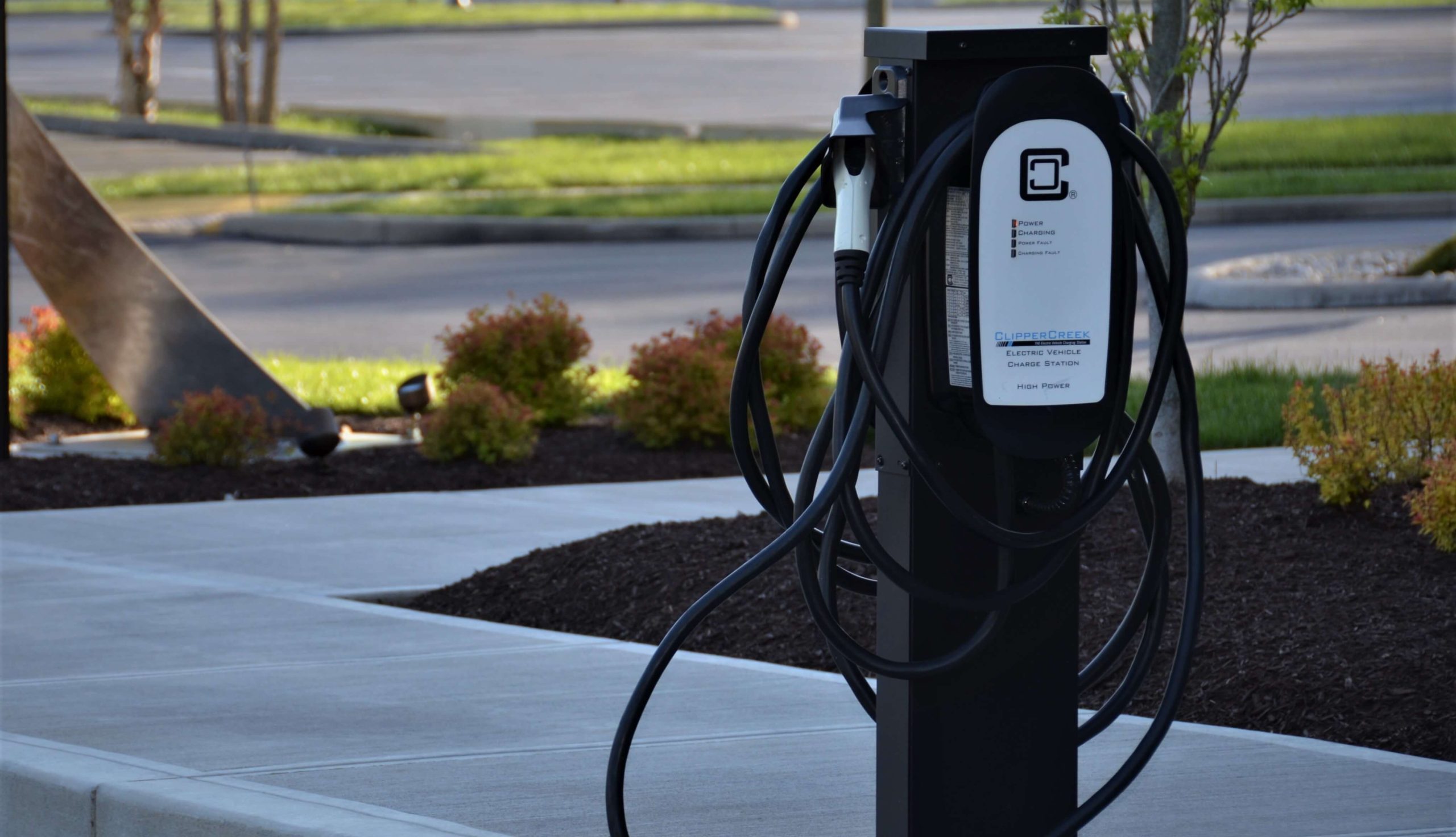Sundrop Farms: Harnessing Solar Power for Sustainable Food Production in Australia’s Arid Regions
Transforming Desert Landscapes with Solar-Powered Greenhouses
Australia’s arid regions pose a significant challenge for traditional agriculture, with limited fresh water and harsh environmental conditions. Sundrop Farms, a pioneering agricultural company, sought to overcome these challenges and create a sustainable, innovative solution for food production in these inhospitable landscapes.
Solar-Powered Greenhouses
Sundrop Farms developed a unique solar-powered greenhouse system that uses solar power to desalinate seawater. By turning seawater into fresh water, Sundrop Farms can irrigate their crops, while the solar panels provide electricity to power the greenhouse’s operations.
The Success of Sundrop Farms’ Greenhouse
Sundrop Farms’ innovative approach has proven to be a resounding success, demonstrating the potential of agrivoltaics for sustainable food production in arid environments. The solar-powered greenhouses have allowed the company to grow high-quality produce year-round, even in the harshest conditions of the Australian desert.
Sundrop Farms’ achievements in Australia have captured the attention of the global agricultural community, inspiring others to explore the possibilities of solar-powered greenhouses. By showcasing the potential for agrivoltaics in arid regions, Sundrop Farms has opened the door to new opportunities for sustainable food production in similarly challenging environments around the world.
The Future of Solar-Powered Greenhouses and Agrivoltaics
Sundrop Farms has demonstrated that agrivoltaics and solar-powered greenhouses can play a significant role in transforming agriculture in arid regions. As more organizations and governments adopt and refine these technologies, solar-powered greenhouses have the potential to reshape the future of agriculture, bringing sustainable food production to some of the world’s most challenging environments.







